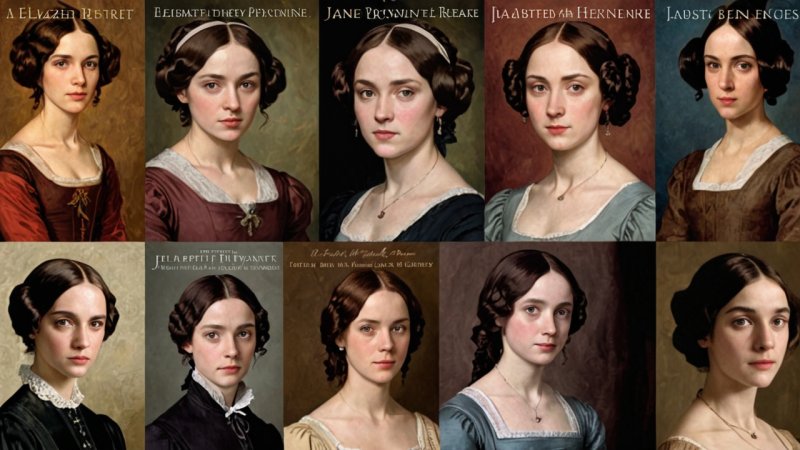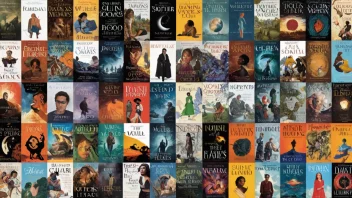What is the significance of female characters in classic literature?
Female characters in classic literature often serve as pioneers of their time, challenging societal norms and expectations. They reflect the struggles and triumphs of women throughout history, providing insight into the gender dynamics of their respective eras.
Who are some notable female protagonists in classic literature?
Some notable female protagonists include:
- Elizabeth Bennet from Pride and Prejudice by Jane Austen
- Jane Eyre from Jane Eyre by Charlotte Brontë
- Hester Prynne from The Scarlet Letter by Nathaniel Hawthorne
- Emma Woodhouse from Emma by Jane Austen
How did female authors contribute to classic literature?
Female authors like Mary Shelley, Charlotte Brontë, and Virginia Woolf broke barriers in literature, often addressing themes of gender, identity, and societal roles. Their works not only expanded the literary canon but also paved the way for future generations of female writers.
What are some common themes related to women in classic literature?
Common themes include:
- Independence: Many female characters seek autonomy and self-identity.
- Societal Expectations: The tension between personal desires and societal norms is a frequent conflict.
- Love and Sacrifice: Female characters often navigate complex relationships that reflect broader societal issues.
How have perceptions of women in classic literature changed over time?
Initially, female characters were often relegated to traditional roles, but modern interpretations have revealed their complexity and depth. Contemporary readers recognize their struggles as reflective of ongoing gender issues, leading to a re-evaluation of their significance in literature.
Why is it important to study the role of women in classic literature?
Studying the role of women in classic literature provides valuable insights into historical and cultural contexts. It fosters a deeper understanding of gender dynamics and highlights the evolution of women's roles in society, encouraging readers to reflect on contemporary issues.






